If you’re a parent, chances are you’ve reached for acetaminophen at some point to help your child feel better. Recently, questions have come up about the safety of this over-the-counter pain medication for children and whether there’s any connection between acetaminophen and autism. Candice Suzonne Dawes, MD, medical director at Children’s National Anacostia, helps explain what parents should know.
What is acetaminophen?
Acetaminophen is one of the most commonly used medications for children. You probably know it by its brand name, Tylenol, but many generic versions are available too. It helps reduce fever and relieve mild to moderate pain by changing how the body senses pain and releasing excess heat.
Is acetaminophen safe for children?
“Yes—when used as directed, acetaminophen is safe for children,” says Dr. Dawes. Pediatricians recommend it for fever and pain relief, but there’s one important caveat: parents of infants younger than 12 weeks should always consult a pediatrician before taking acetaminophen. Children younger than 12 weeks may need additional testing if they have a fever, and parents should always consult with a pediatrician before giving acetaminophen.
Does acetaminophen cause autism?
No. There is no scientific evidence linking acetaminophen to autism. The medication has been used since the 1950s, and decades of research have found no causal relationship.
What is autism?
Autism is a complex neurodevelopmental condition with a wide range of symptoms that affects social interaction and communication. “Its causes are still being studied,” says Dr. Dawes. “But acetaminophen is not one of them.”
What are the dosing guidelines for acetaminophen in children?
Here’s what pediatricians recommend:
- Dosing: Every 4–6 hours as needed for fever or pain (the dose is based on the child’s weight)
- Maximum: No more than four doses in 24 hours
- Check labels: Avoid giving other medications that also contain acetaminophen
- Under 12 weeks: Always consult your pediatrician first
What about other pain relievers?
Ibuprofen (which you may know by brand names like Motrin or Advil) is another option for fever and pain relief, but it should not be given to children under six months of age. Like acetaminophen, it has its own dosing guidelines. Sometimes, doctors recommend alternating acetaminophen and ibuprofen for severe pain or post-surgery recovery—but only under medical guidance.
Is acetaminophen safe during pregnancy?
Yes. Research shows no evidence of harm or a link to autism when acetaminophen is used during pregnancy. If you’re pregnant and have concerns, consult your OB-GYN, but rest assured that acetaminophen is considered safe.
Where can you find reliable information?
When in doubt, turn to trusted sources:
What are the best ways to manage a fever in children?
Dr. Dawes says that not every fever needs medication. Here’s what she and other pediatricians want you to know about managing fevers in children:
- Focus on comfort and hydration
- Watch for signs of dehydration: No tears when crying, fewer wet diapers or dry lips
- Fever is a natural immune response, and is not always harmful
- Monitor symptoms, not just the number on the thermometer
“If you’re ever unsure, call your pediatrician. They’re your best partner in keeping your child healthy,” says Dr. Dawes.
Key takeaways
- Acetaminophen is safe for children and pregnant women when used correctly
- There is no evidence linking acetaminophen to autism
- Always follow dosing instructions and consult your pediatrician for infants or special cases
- Use trusted sources like AAP for guidance
Bottom line: Acetaminophen remains a safe and effective way to help your child feel better when used as directed.
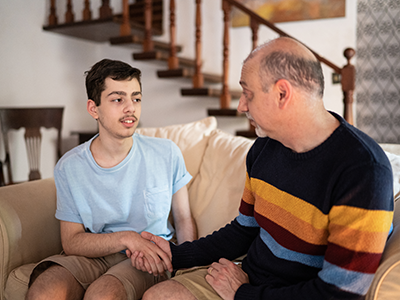 https://riseandshine.childrensnational.org/wp-content/uploads/2022/05/Father-and-son-talking-at-home-feature.png
300
400
Rise and Shine
https://riseandshine.childrensnational.org/wp-content/uploads/2017/11/childrens_riseandshine_logo.jpg
Rise and Shine2026-02-02 01:12:352026-02-02 15:21:38Talking to your child about their autism diagnosis
https://riseandshine.childrensnational.org/wp-content/uploads/2022/05/Father-and-son-talking-at-home-feature.png
300
400
Rise and Shine
https://riseandshine.childrensnational.org/wp-content/uploads/2017/11/childrens_riseandshine_logo.jpg
Rise and Shine2026-02-02 01:12:352026-02-02 15:21:38Talking to your child about their autism diagnosis




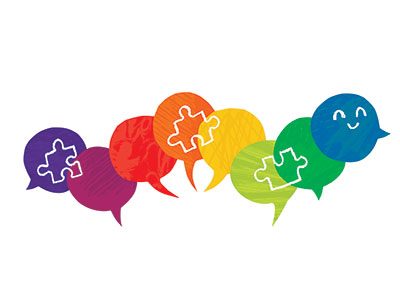
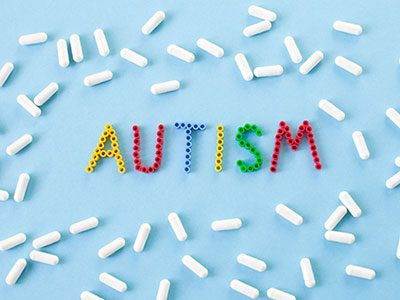







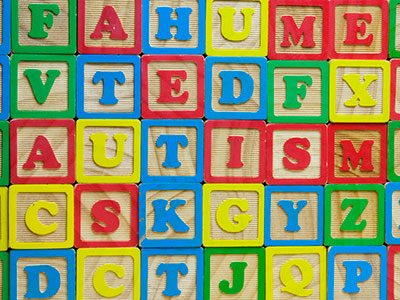






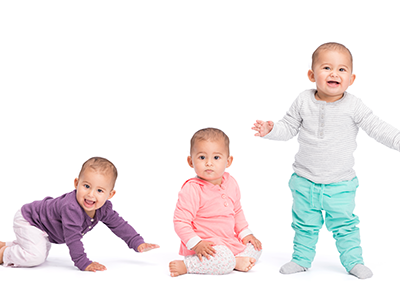
Leave a Comment
Want to join the discussion?Feel free to contribute!